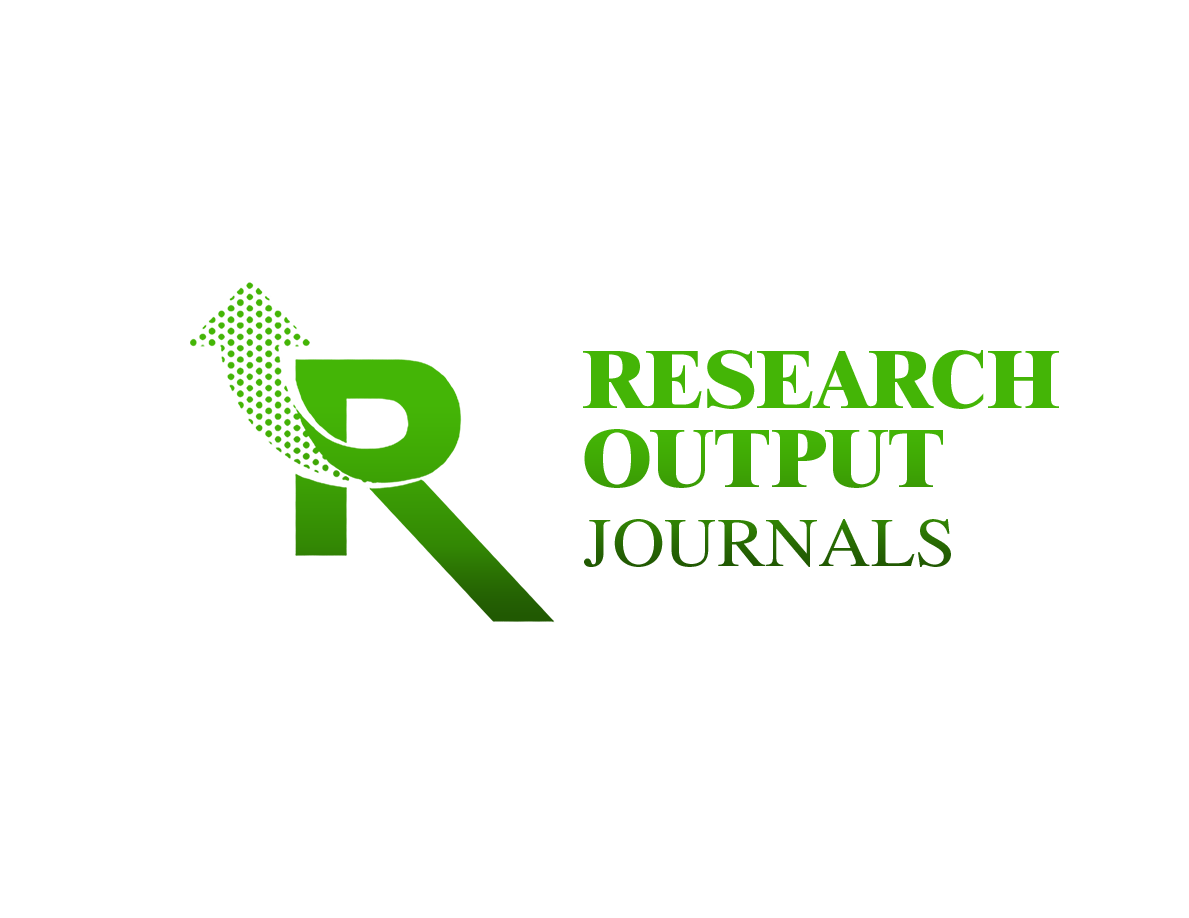Blockchain in Healthcare: Ensuring Data Security and Integrity
Tukamuhebwa Richard
School of Engineering and Applied Science Kampala International University Uganda
Email: tukamuhebwa@kiu.ac.ug
ABSTRACT
The healthcare industry faces significant challenges in safeguarding data security and integrity, particularly with the rise of digital health systems and the sensitive nature of patient information. Blockchain technology offers a decentralized, immutable, and secure solution to address these issues, allowing healthcare organizations to protect and manage patient data effectively. This paper examines how blockchain can enhance data security and integrity within healthcare by examining its key features, such as immutability, transparency, and decentralized access, which collectively provide a robust framework for secure data management. The potential applications of blockchain in healthcare, including patient consent management, access control through smart contracts, and data-sharing solutions, are analyzed alongside challenges such as regulatory compliance, cost, and interoperability. By integrating blockchain, healthcare systems can achieve improved data security, fostering trust and resilience in patient data management. This paper concludes with case studies and discusses future trends in blockchain implementation within healthcare, underscoring its transformative potential for securing data while addressing privacy and ethical concerns.
Keywords: Blockchain, healthcare, data security, data integrity, patient data management, smart contracts.
CITE AS: Tukamuhebwa Richard. (2024). Blockchain in Healthcare: Ensuring Data Security and Integrity. Research Output Journal of Public Health and Medicine 4(2):12-17. https://doi.org/10.59298/ROJPHM/2024/421217
